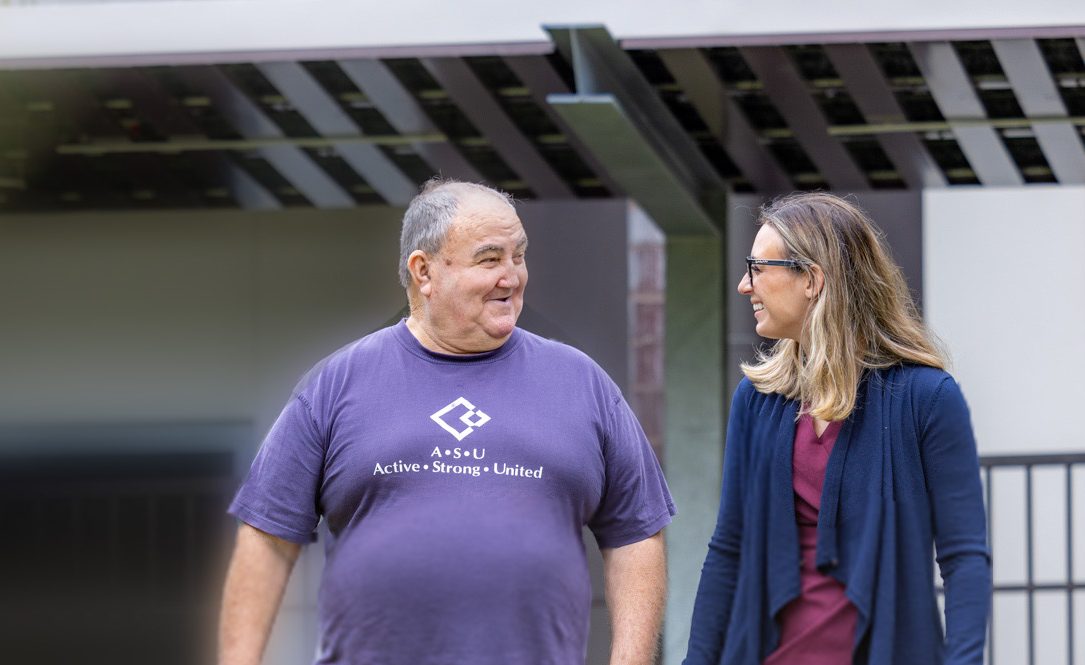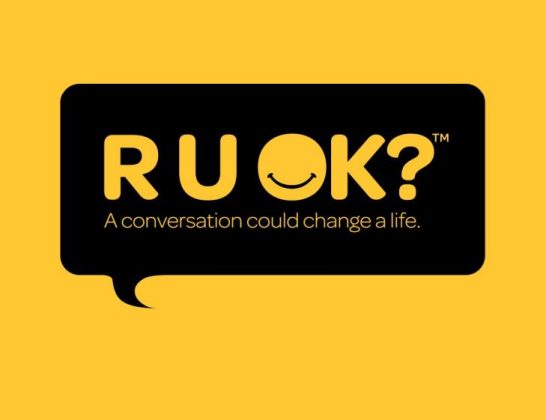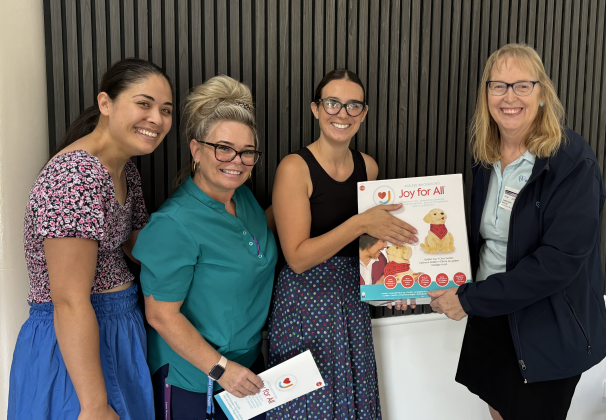Aged Care
Benefits of Respite Care

Respite Care – because we all need a break sometimes!
Caring for an elderly, ill or disabled family member is hard, and no-one is equipped to do it alone.
Even the strongest and most giving person can feel overwhelmed at times, leading to unnecessary feelings of guilt or failure when they feel they can’t cope. And the loved one receiving the care could feel like they are a burden when they are unable to care for themselves or their family members.
No matter how much you love someone, caring for them can be exhausting and put a strain on any relationship. Long periods of care, 24 hours a day, seven days a week, can result in carer burnout, and if you aren’t looking after yourself, how do you expect to look after someone else?
It’s rare to spend every minute of every day with another person, even when the relationship is strong. When the person being cared for is a spouse, it can be hard to let go and to let someone else help. You might feel like “it’s my job”.
If you are caring for a parent or a sibling or other older family member, the change in dynamic can be emotionally stressful and confusing at times, despite all the love and dedication and willingness in the world.
Taking a short break can be a positive way to maintain a strong and healthy relationship, whatever the relationship.
Respite or short-term residential care
Respite care accessed through a short-term stay in residential care provides many benefits for the carer and the care recipient.
Eligible clients can access 63 days of residential respite care per year and the cost is subsidised following an ACAT assessment.
Whether it is for one day, or a week or a few weeks, a little break can give everyone the chance to rest, recharge and regroup. Respite care at an aged care residential facility also provides insight and experience of residential care without the commitment to permanent care.
Regular short-term stays can be booked ahead, just like an annual holiday.
Sometimes a loved one may need respite care if they are recovering from an illness or injury or need extra help after returning home from a hospital stay.
Accessing respite care can reassure a person that once they get back on their feet, they will be fighting fit when ready to go home, and their carer will be well-rested and able.
For the care recipient, respite care brings benefits such as:
- A chance to meet new friends and form new relationships.
- A break in routine and a change of scenery
- Enjoyment of new and different activities
- Supported excursions and outings.
- Experience an environment that is designed for them and provides high-quality care services.
Respite care at Lions Haven
Respite care also provides an opportunity to experience residential care if you are considering permanent care sometime in the future. Think of it as a “try before you buy”. If you do decide that residential care is going to be the best option one day in the future, short-term stays make the transition easier.
Our short-term guests enjoy the same high level of care as our permanent residents including:
- A room with patio or balcony
- Waterfront location with lush gardens and outdoor areas
- Premium dining with chef designed meals
- Tailored personal care and clinical care
- Laundry service
- Social activities with our lifestyle team
- On-site café to enjoy with visitors, family and friends
Consider making a regular booking, from one or two days a month to a week or two at a time. The options are endless and Lions Haven care is tailored to meet individual needs and choices.
Give our friendly team a call to book a tour or discuss options on (+61)7 5530 8966.
Carer burnout is real.
Carers will often ignore their own needs, health and wellbeing to look after an older loved one. They often find it hard to let someone else help, even for a short period of time. Sometimes carers feel isolated from others, or unsupported or unable to ask for help.
Carer burnout can occur if a carer experiences ongoing stress, feelings of being overwhelmed or exhausted from providing care.
Signs of carer burnout:
- Fatigue, trouble sleeping
- Low energy, tired all the time
- Headaches, migraines
- Mental health problems like depression, anxiety, mood swings
- Withdrawal from friends and community
- Giving up work, hobbies, pastimes, or once-enjoyed activities
- Health issues, becoming sick easily or generally feeling run-down
- Inability to concentrate or feel motivated
Often the carer doesn’t recognise these signs or ignores them, but burnout is real and a common reason for people to seek short term respite care. With so much time and effort put into giving their loved older one the best care and support possible, carer burnout is the prevalent mental, emotional and physical health issue for carers.
If you, or someone you know is showing signs of Carer Burnout, talk to them and support them to seek the help they need.
Call us and talk to a member of our clinical care team. At Lions Haven, we’re here to help if you need support or information.

"Lions Haven is her home away from home."
Aged Care
Join us for a guided tour of Lion's Haven
Call our friendly team to book a tour. We are here to help you make the best decision and get the most out of life, your way, every day.
BOOK A TOUR




